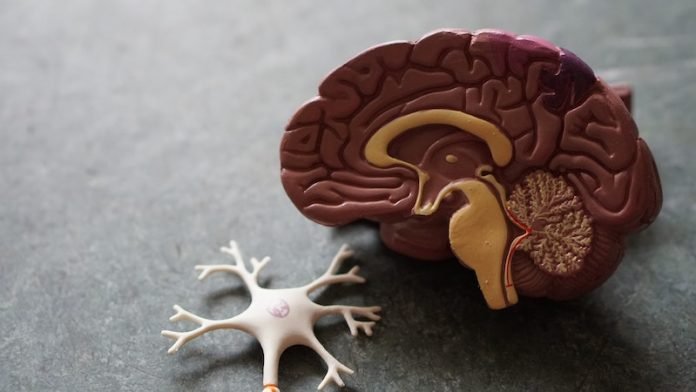
In a new study, researchers offer a novel explanation for the long-term brain problems many COVID-19 patients experience.
The research was conducted by a team at the Uniformed Services University of the Health Sciences.
Many COVID-19 patients report headaches and “brain fog” for weeks or months after they recover from respiratory symptoms.
It’s been believed that these lingering neurological issues are the result of nerve cell damage, but the new study suggests that the virus may instead be striking the brain’s small blood vessels.
Previous studies found that COVID-19 can cause inflammation in and around the blood vessels elsewhere in the body.
In the study, the researchers decided to examine brain tissue for the same thing in 13 patients who died of COVID-19.
They focused on COVID-19 patients who weren’t hospitalized.
The team found that small blood vessels in the brain tissue had signs of inflammation and damage to their walls, but there was little evidence of damage to nerve cells.
Previous research had focused on patients who had long hospital stays, including being on ventilators.
The team says those factors can make it difficult to determine the direct impacts of the virus on the brain.
COVID-19 seems to have a propensity to damage small blood vessels in the brain, rather than the nerve cells themselves.
One author of the study is Dr. Daniel Perl, the director of the Brain Tissue Repository.
The study is published in the New England Journal of Medicine.
Copyright © 2021 Knowridge Science Report. All rights reserved.



